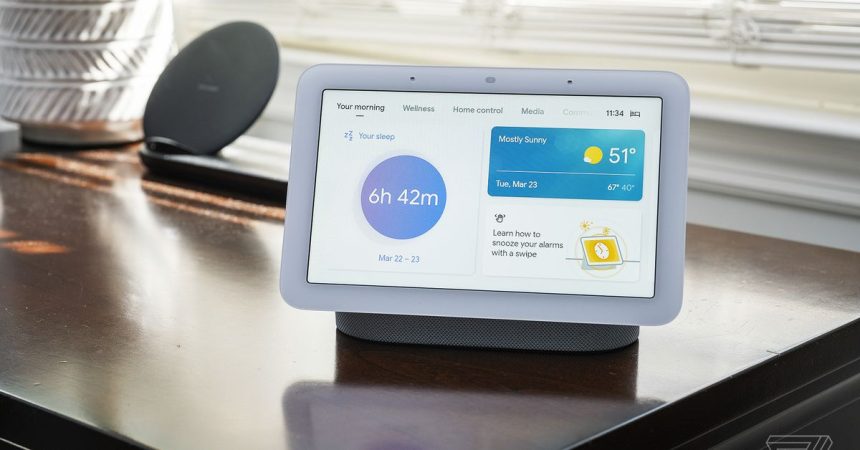The Google Home Device and Structure APIs, Commissioning API, and Automation API form a comprehensive suite of tools for developers seeking to integrate their smart home devices and services seamlessly into the Google Home ecosystem. These APIs offer a unified platform for managing and controlling a vast network of connected devices, simplifying the onboarding process for users, and enabling the creation of sophisticated home automations. This suite empowers developers to build robust, user-friendly smart home experiences, leveraging the power of Google’s existing infrastructure and AI capabilities.
The Device and Structure APIs provide a single point of access to over 600 million devices already integrated with Google Home. This extensive reach eliminates the need for developers to integrate with individual device manufacturers, streamlining development and expanding the potential user base for their products. The unified interface simplifies device management and control, regardless of whether the device is cloud-connected or uses the Matter protocol. This consistency offers a predictable and reliable development experience, while also supporting local control for enhanced responsiveness and privacy. Furthermore, the API’s compatibility with Matter custom clusters allows developers to leverage the full potential of the Matter standard, enabling unique functionalities and interoperability with a wide range of devices.
The Commissioning API streamlines the device setup process, leveraging the widespread adoption of Fast Pair on over 3 billion Android devices. This allows users to quickly and easily connect their smart home devices to their Google Home system, minimizing friction and enhancing the user experience. The API also supports direct commissioning of Matter devices within the developer’s app, providing a cohesive and branded onboarding journey. Integrating with the Commissioning API ensures compatibility with the Google Home ecosystem, enabling voice control through Google Assistant and seamless integration with other Google Home features. This simplified setup process encourages user adoption and fosters a positive perception of the smart home experience.
The Automation API allows developers to empower their users with the ability to create and manage custom home automations directly within their app. This offers a level of personalization and control that enhances the overall smart home experience. The API provides access to a wide range of signals, commands, and Google-specific AI-driven capabilities, enabling the creation of intelligent and responsive automations. Users can create automations based on various triggers, such as time of day, device status, or environmental conditions. The API also supports complex logic and conditional actions, allowing for highly customized and sophisticated automations. By leveraging Google’s AI capabilities, developers can create automations that learn user preferences and adapt to their changing needs, delivering a truly personalized smart home experience.
The combination of these APIs offers a powerful platform for developers to build comprehensive and user-friendly smart home solutions. The Device and Structure APIs provide access to a vast network of connected devices, simplifying integration and expanding market reach. The Commissioning API streamlines the setup process, minimizing user friction and maximizing adoption. And the Automation API empowers users to create personalized and intelligent automations, enhancing the overall smart home experience. By leveraging these APIs, developers can create innovative solutions that seamlessly integrate with the Google Home ecosystem, delivering value to both users and the broader smart home market.
Furthermore, the underlying architecture of these APIs promotes interoperability and future-proofing. The adoption of the Matter standard ensures compatibility with a growing ecosystem of devices, while the unified interface simplifies integration with new devices and technologies as they emerge. The cloud-based nature of the APIs also allows for continuous updates and improvements, ensuring that developers can always access the latest features and capabilities. This forward-looking approach provides a stable and scalable platform for building the next generation of smart home experiences. By embracing these APIs, developers can contribute to the evolution of the smart home, creating a more connected, convenient, and intelligent future for everyone.



